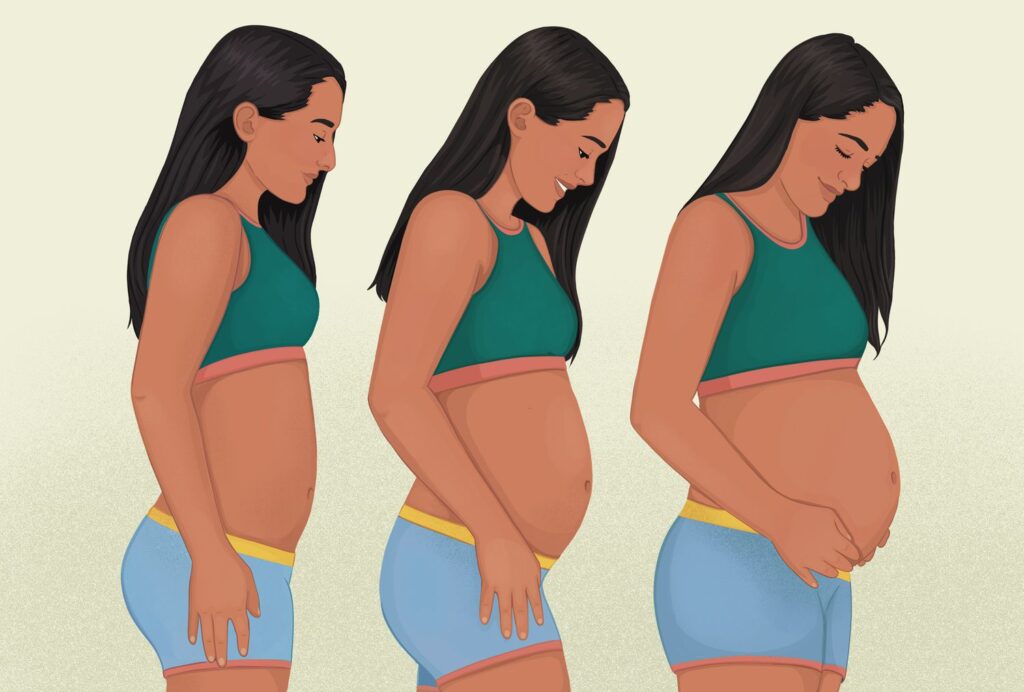
For many women, discovering they’re pregnant can be an exciting and life-changing experience. However, it can also be a time filled with uncertainty, especially when it comes to recognizing the early signs of pregnancy. In this blog post, we’ll explore some common early pregnancy symptoms and when you might start to experience them. Keep in mind that every woman’s body is unique, and not everyone will experience the same symptoms or timelines.
- Missed Period
One of the most obvious early signs of pregnancy is a missed period. If you’re trying to conceive or have had unprotected sex, a missed period can be a strong indicator that you might be pregnant. Typically, this sign can be noticed around the time you would normally expect your period, which is usually about two weeks after ovulation.
- Fatigue
Feeling unusually tired or exhausted can be another early sign of pregnancy. This symptom may start as early as one week after conception and is believed to be caused by the increase in the hormone progesterone, which helps maintain the pregnancy and promotes the growth of the uterus.
- Breast Tenderness
Some women may experience breast tenderness or swelling in the early stages of pregnancy, as hormonal changes cause the breasts to become more sensitive. This symptom can begin as early as one to two weeks after conception and may be similar to the sensation experienced before a menstrual period.
- Nausea and Morning Sickness
Nausea, often accompanied by vomiting, is a common early pregnancy symptom known as morning sickness. Despite its name, morning sickness can occur at any time of the day and usually starts around three to four weeks after conception. The exact cause of morning sickness is unknown, but it is thought to be related to hormonal changes during pregnancy.
- Frequent Urination
The need to urinate more frequently is another early sign of pregnancy. This symptom typically begins around six to eight weeks after conception and is caused by the increased blood flow to the kidneys, which results in more fluid being processed and eventually filling the bladder.
- Food Aversions or Cravings
Some women experience sudden changes in their taste preferences, such as developing aversions to certain foods or cravings for specific items. This symptom can start as early as a few weeks after conception and is thought to be related to hormonal changes that affect the sense of smell and taste.
- Mood Swings
Mood swings are common in early pregnancy due to the rapid hormonal changes taking place in a woman’s body. This symptom can begin as early as the first few weeks of pregnancy and may manifest as irritability, anxiety, or emotional sensitivity.
- Light Spotting or Cramping
Implantation bleeding, characterized by light spotting or mild cramping, can occur around the time the fertilized egg attaches to the uterine wall. This typically happens about six to twelve days after conception, and the bleeding is usually lighter and shorter in duration than a regular period.
Conclusion
Recognizing the early signs of pregnancy is crucial in order to ensure proper prenatal care and support. However, it is important to remember that every woman’s experience is unique, and some may not exhibit any of these symptoms. If you suspect you might be pregnant or have questions about early pregnancy symptoms, it’s best to consult with a healthcare professional for guidance and confirmation.




